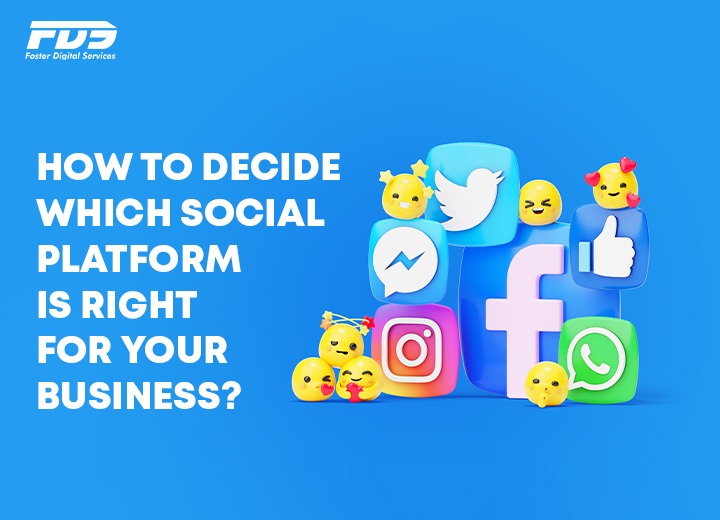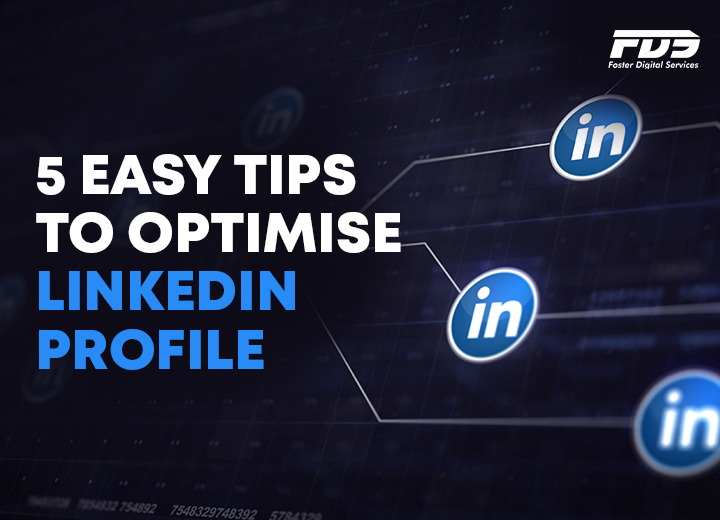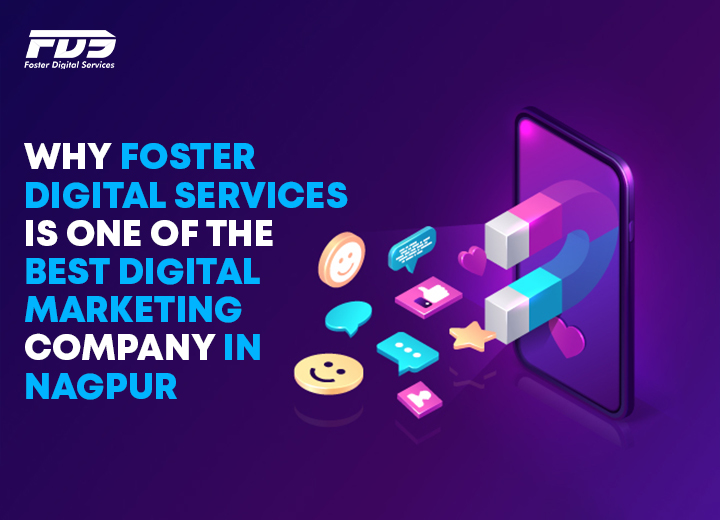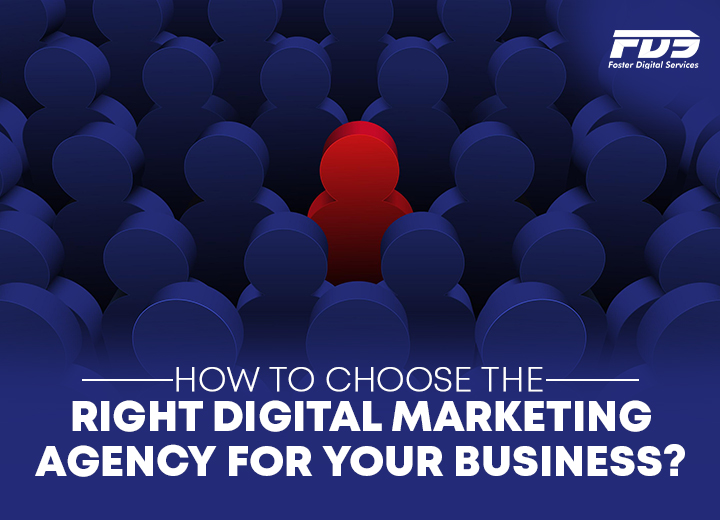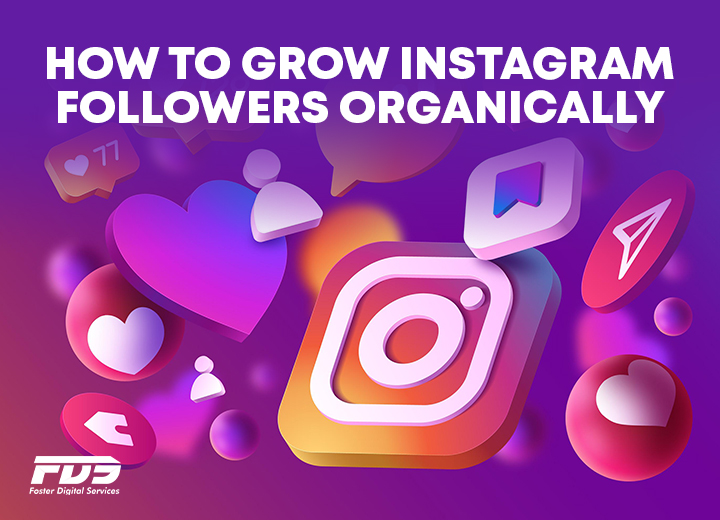Navigating the ever-evolving landscape of social media can be daunting for any business. However, choosing the right platform is crucial to effectively reach and engage your audience. Here’s a comprehensive guide to help you select the best social media platform for your business needs.
Understand Your Audience
To determine the ideal social media platform for your business, start by thoroughly understanding your target audience. Different demographics prefer different platforms:
- Age: Younger audiences are drawn to Instagram and Snapchat, while older demographics may lean towards Facebook and LinkedIn.
- Location: Certain platforms are more popular in specific regions. For instance, WhatsApp is widely used in Europe and Latin America, whereas platforms like WeChat are dominant in China.
- Interests: Visual platforms like Pinterest attract users interested in fashion, food, and home decor, whereas Twitter is more suitable for real-time updates and news.
Define Your Goals
Your business objectives play a crucial role in selecting the right social media platform. Here are some common goals and corresponding platforms:
- Brand Awareness: Platforms with a large user base, such as Facebook and Instagram, are ideal for increasing visibility.
- Lead Generation: LinkedIn is excellent for B2B lead generation, while Facebook and Instagram work well for B2C.
- Customer Engagement: Twitter and Instagram offer excellent opportunities for direct interaction with your audience.
- Website Traffic: Pinterest and Facebook are effective in driving traffic to your site through clickable links and advertisements.
Evaluate Platform Features
Different social media platforms offer unique features that can benefit your business in various ways:
- Facebook: A versatile platform with a vast user base, offering robust advertising options, groups, and a marketplace.
- Instagram: Best for visually-driven content, with features like Stories, IGTV, and Shopping, ideal for brand-building and direct sales.
- Twitter: Suited for real-time engagement and customer service, allowing for fast-paced interactions.
- LinkedIn: The top platform for B2B marketing, networking, lead generation, and sharing professional content.
- Pinterest: Perfect for businesses with visually appealing products, effective for driving traffic and boosting e-commerce sales.
Analyze Competitors
Research what platforms your competitors are using to reach similar audiences. This can provide valuable insights into where your target market is most active and what type of content resonates with them. Use social media analytics tools to track your competitors’ performance and identify opportunities for your business.
Consider Emerging Trends
Staying ahead of social media trends is crucial for maintaining a competitive edge. Platforms experiencing rapid growth, such as Instagram and LinkedIn, offer opportunities for early adopters to engage with expanding audiences effectively. Understanding and leveraging the fastest growing social media platforms can help you tap into new and dynamic user bases.
Benefits of Social Media for Business
Using social media offers numerous advantages for businesses:
- Increased Brand Awareness: Social media platforms enable businesses to reach a broad audience and build brand recognition.
- Enhanced Customer Engagement: Direct interaction with customers fosters stronger relationships and loyalty.
- Cost-Effective Marketing: Social media marketing often costs less than traditional advertising methods, making it accessible for businesses of all sizes.
- Valuable Insights: Analytics tools provide data on customer behavior, preferences, and engagement, helping businesses make informed decisions.
Social Media Marketing for Small Business
Small businesses can particularly benefit from social media marketing due to its cost-effectiveness and broad reach. By leveraging platforms like Facebook, Instagram, and LinkedIn, small businesses can increase brand visibility, engage with their community, and drive sales without significant financial investment.
Choosing the Right Platform
To summarize, selecting the right social media platform for your business involves:
- Understanding Your Audience: Know their demographics, location, and interests.
- Defining Your Goals: Align your choice with your business objectives, such as brand awareness, lead generation, engagement, or traffic.
- Evaluating Platform Features: Consider the unique tools and capabilities each platform offers.
- Analyzing Competitors: Study what platforms your competitors use and how they engage their audience.
- Considering Trends: Stay updated on emerging platforms and growing trends to capitalize on new opportunities.
By carefully evaluating these factors, you can choose the social media platform that best aligns with your business needs and goals, ensuring effective and impactful online presence and engagement.
Leveraging Multiple Platforms
While selecting one primary platform is crucial, consider maintaining a presence on multiple platforms to reach different segments of your audience. This multi-platform approach ensures that you can engage with a broader audience and diversify your content strategies.
Tailoring Content to Each Platform
Different social media platforms have unique characteristics and user behaviors. Tailoring your content to fit these nuances can significantly enhance engagement:
- Facebook: Utilize a mix of text, images, and videos. Engage with followers through posts, stories, and live videos.
- Instagram: Focus on high-quality visuals. Use Stories, Reels, and IGTV to connect with your audience on a more personal level.
- Twitter: Keep updates concise and timely. Use hashtags to join trending conversations and enhance visibility.
- LinkedIn: Share professional insights, industry news, and company updates. Engage with professionals through articles and thoughtful comments.
- Pinterest: Create visually appealing pins that link back to your website. Organize boards by themes to attract users interested in specific topics.
Measuring Success
Tracking the performance of your social media efforts is essential for understanding what works and what doesn’t. Use analytics tools provided by each platform to monitor key metrics such as engagement rates, follower growth, and website traffic. Regularly reviewing these metrics allows you to adjust your strategies and improve your social media marketing efforts.
The Role of Social Media for Business
The role of social media in modern business cannot be overstated. It offers unparalleled opportunities for branding, customer engagement, and market expansion. The benefits of social media for business include:
- Increased Visibility: Social media platforms for business enable companies to showcase their products and services to a global audience.
- Enhanced Customer Loyalty: Regular interaction with customers on social media helps build strong, loyal relationships.
- Cost-Effective Advertising: Social media advertising is often more affordable than traditional methods, allowing even small businesses to reach a vast audience.
Conclusion
Choosing the right social media platform is a strategic decision that can significantly impact your business’s online success. By understanding your audience, defining your goals, evaluating platform features, analyzing competitors, and staying current with trends, you can select the best platform to enhance your digital presence.
The dynamic nature of social media requires businesses to be flexible and adaptive. Regularly review your social media strategy and adjust as needed to keep up with changing trends and audience preferences. Leveraging the power of social media can drive significant growth and help your business achieve its marketing goals.
By effectively using social media platforms, you can connect with your audience, promote your brand, and drive meaningful engagement. The right social media strategy, tailored to your specific business needs, will ensure that you make the most of these powerful tools to achieve lasting success. Need help navigating the complexities of social media? Foster Digital Services is here to partner with you, offering expert social media management services tailored to your unique business needs.

